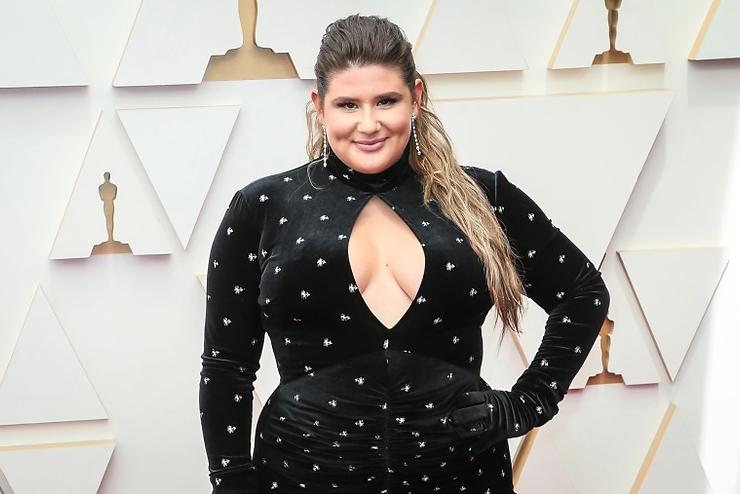By: Violet Yan
Remi Bader’s horse ranch incident at Deep Hollow Ranch has a darker side.
Remi Bader, a TikTok influencer, was recently fat-shamed. She was refused permission to mount a horse because she weighed more than 240 pounds. An employee at Deep Hollow Ranch made fun of her and posted a TikTok video saying “when you’re not a fat b——, you can ride at Deep Hollow Ranch. ” Bader said she spoke up because of “the way I was spoken to, made fun of, and generally treated,” including the employee’s posted video that “made it very plain that they did not want me there because of my weight and that’s extremely frustrating.” After apologizing, Deep Hollow Ranch stated that the employee’s since-deleted video “in no way represents nor is associated with” the viewpoint of the ranch’s owners.
Obesity, described as someone having a body mass index of 30 or higher, is increasingly common in the US. The prevalence of obesity among Americans has grown more than 10 percent over the past 20 years, according to the latest statistics from 2017-2020 from the Centers for Disease Control and Prevention. There is no need to explain to fat people that they have a weight issue. Only their doctor should be giving advice for them to work on together. People who defend fat-shaming as a weight-loss motivator and think they are doing anything positive are misguided. In reality, fat-shaming is harmful to the victims’ health. When fat-shaming turns into discrimination, it is associated with low self-esteem, depression, and eating disorders. People aren’t aware that fat-shaming keeps people from exercising and harms their health.
The discrimination obese people face has been linked to weight gain. This discrimination causes stress and behavior changes that are linked to weight gain, like binge-eating disorder. This serious medical condition causes individuals to eat large amounts of food without being able to stop, something Bader has personally struggled with.
Researchers from Switzerland and Germany interviewed 30 obese adults last year and discovered three reasons why they didn’t exercise. They recalled some unpleasant childhood events, they believed they lacked physical ability, and they worried that they might once more face discrimination. Given these obstacles, the last thing overweight people need as they try exercising is hurtful comments. All this does is push them away from activities they love and contribute to health consequences. The global obesity epidemic needs more kindness and understanding.











